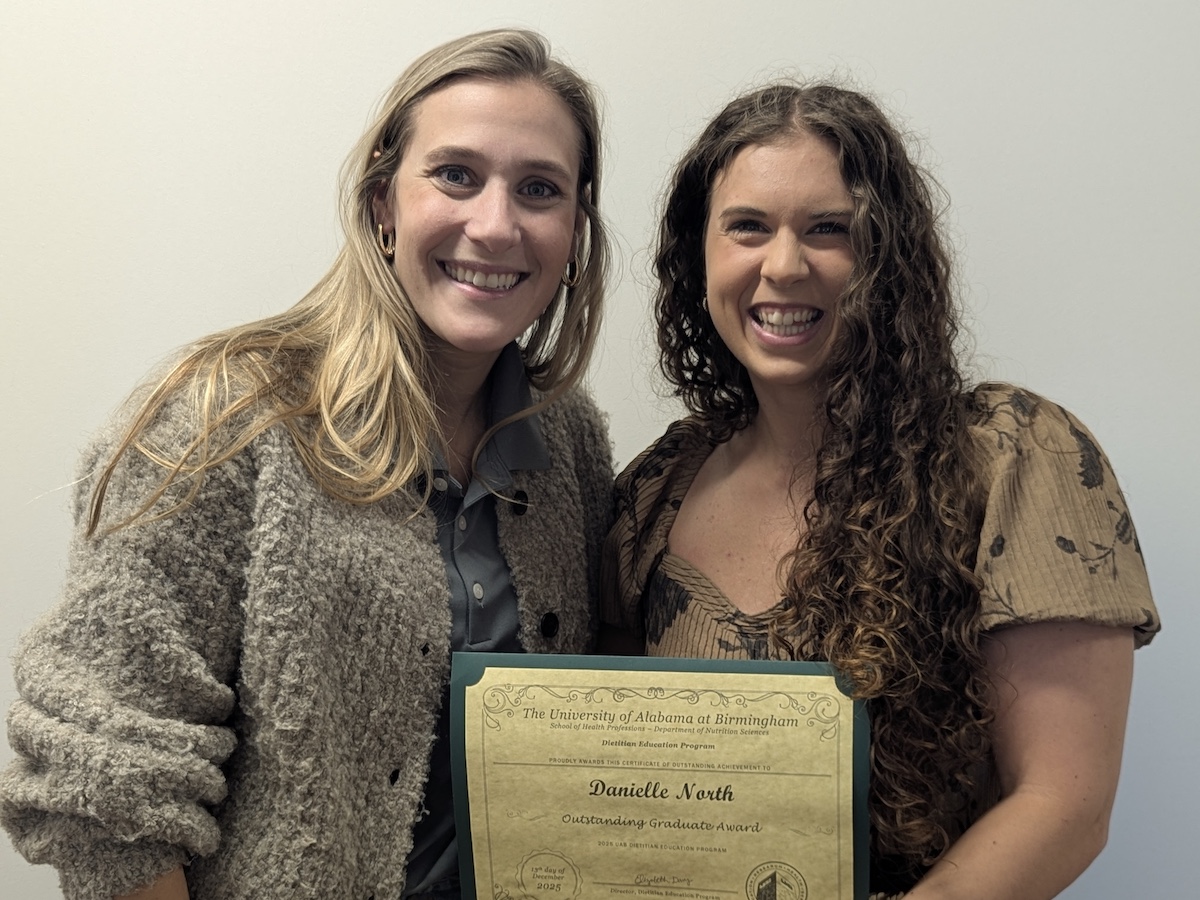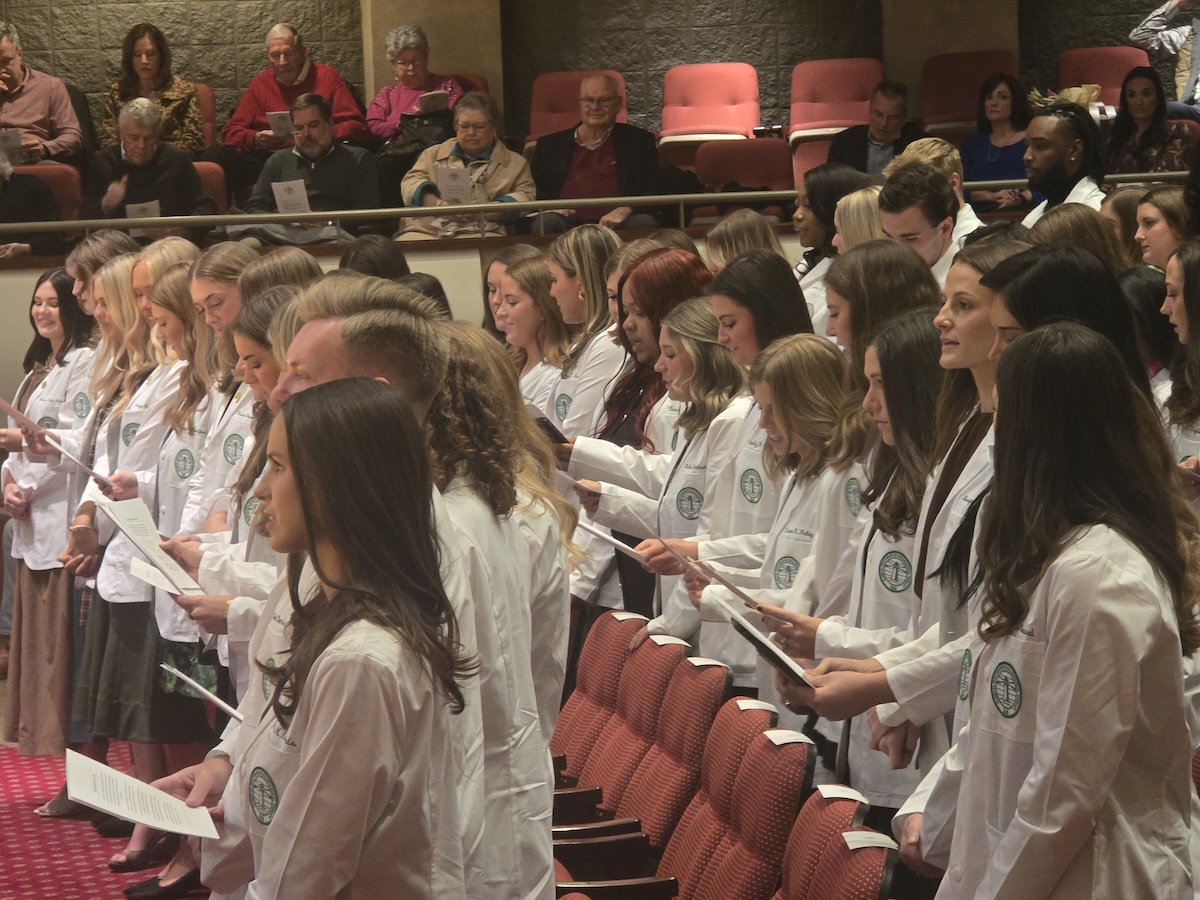Dr. Gitendra Uswatte is collaborating with his long-time colleagues Dr. Edward Taub and Dr. Karlene Ball, university professors, on treating the cognitive effects of long-haul COVID with a revolutionary intervention.
 Dr. Gitendra UswatteUswatte was awarded a three-year grant from the National Institute on Disability, Independent Living, and Rehabilitation Research to test their new intervention called constraint-induced cognitive therapy, or CICT, in a single-site randomized controlled trial.
Dr. Gitendra UswatteUswatte was awarded a three-year grant from the National Institute on Disability, Independent Living, and Rehabilitation Research to test their new intervention called constraint-induced cognitive therapy, or CICT, in a single-site randomized controlled trial.
The intervention combines cognitive processing speed training, developed by Ball’s lab, with elements of constraint-induced movement therapy, which has been adapted to address cognition.
The focus of the grant is on adults with long COVID with persistent “brain fog” and other cognitive impairments. This population has cognitive symptoms at least three months beyond the acute phase of illness.
“It’s new for everybody,” Uswatte said. “It’s like I say there’s no experts on COVID because it’s only been around two-three years.”
The research represents a trend of work by CEDHARS members to address the lingering effects of the pandemic. Recently, Dr. Keith McGregor, CEDHARS scientist and director of research in the School of Health Professions Department of Clinical and Diagnostic Sciences, was awarded a grant from UAB’s Health Services Foundation General Endowment Fund to investigate the effects of neuroCOVID.
The bulk of Uswatte’s past work has revolved around adults with stroke, traumatic brain injury or multiple sclerosis. So, research on brain injury in the context of infectious disease is a new professional venture for Uswatte.
Traditionally, constraint-induced therapy is thought of as physical rehabilitation for the upper extremity. But more recent work has given rise to a family of CI therapy interventions that address lower extremity and speech dysfunction — and now impaired cognition.
For cognitive rehabilitation, participants perform everyday cognitive tasks in the lab using “shaping” principles, which is an approach from behavioral psychology to train new behaviors. Then, there is a series of behavior change procedures in CI therapy that were adapted to cognitive activity.
“You have the in-lab training on everyday tasks, which we hypothesize is a bridge from training a basic cognitive function, cognitive processing speed, to performing tasks, and then the behavior-change procedures, which we hypothesize is a bridge to making changes in their everyday lives — in their homes, in their workplaces,” Uswatte said.
The team had originally developed this therapy for adults who experienced a stroke, which produced promising results in pilot data.
“Then, COVID came along, and brain fog is a condition in which cognitive speed is known to be impaired, so we thought this is a population that might really be able to benefit,” Uswatte added.
CI therapy for brain fog is typically 35 hours of outpatient treatment: 10 2.5-hour sessions in clinic, and the rest is web-based cognitive process speed training from home. In the lab about one hour consists of the shaping component, such as making a shopping list or setting up a calendar. The idea is to start the task at a level of difficulty within the patient's capacity. As the patient gains mastery, the difficulty of task is increased, such as making the shopping list longer or requiring it be completed more quickly.
“Gradual progression — that’s an important characteristic of shaping,” Uswatte said. “We need to be able to quantify the performance. Giving positive feedback is also an important part of shaping.”
Part of the focus of the grant is for patients to be able to return to work. With that in mind, the research team is partnering with the Alabama Department of Rehabilitation Services and Disability in Alabama, a nonprofit coalition of human resource officers across the state.
Recruitment for the study is open, and there is rolling enrollment for the stroke trials in Uswatte’s lab. People interested in participating in either study can contact Staci McKay at (205) 934-9768 or stacemc@uab.edu.

